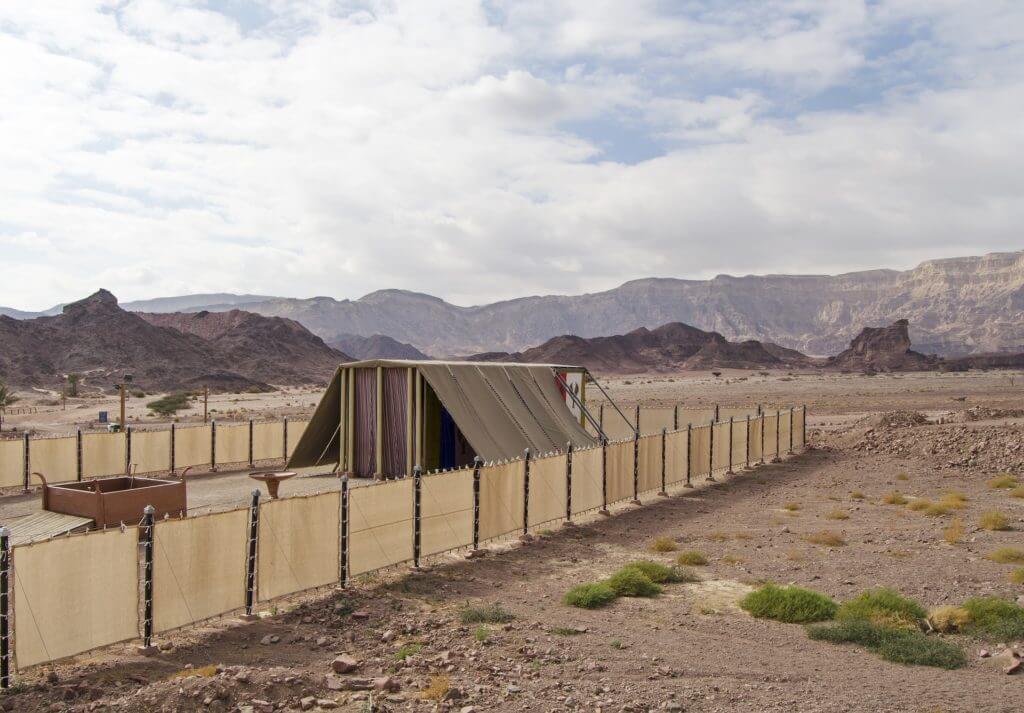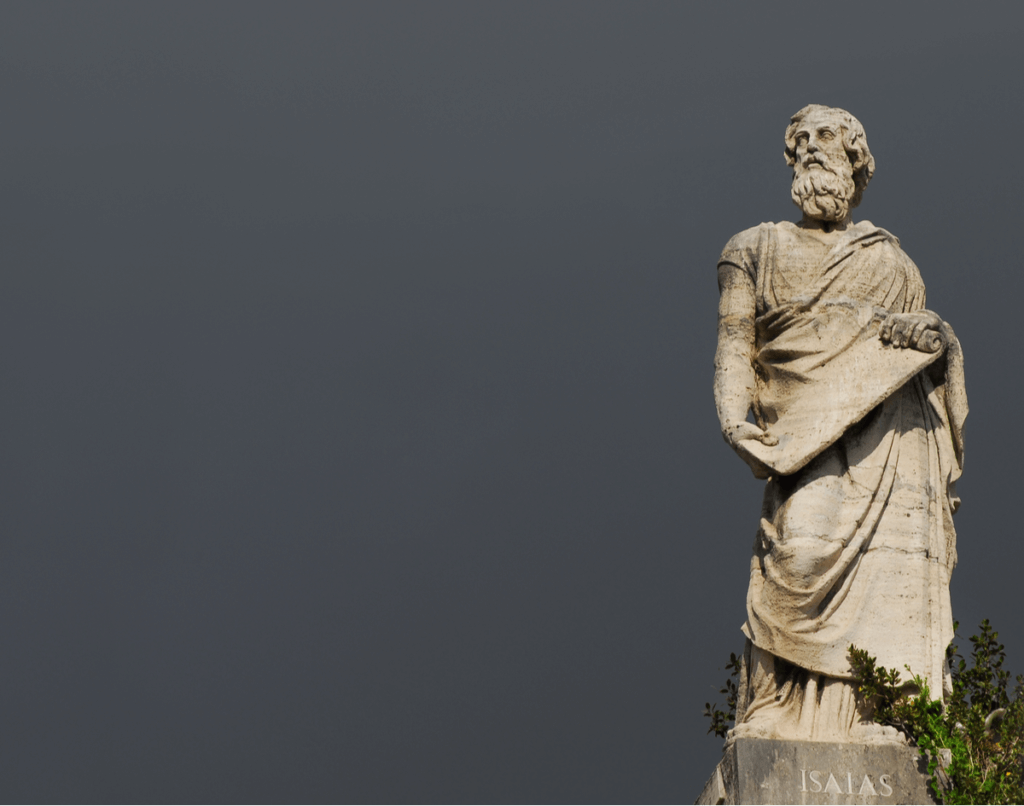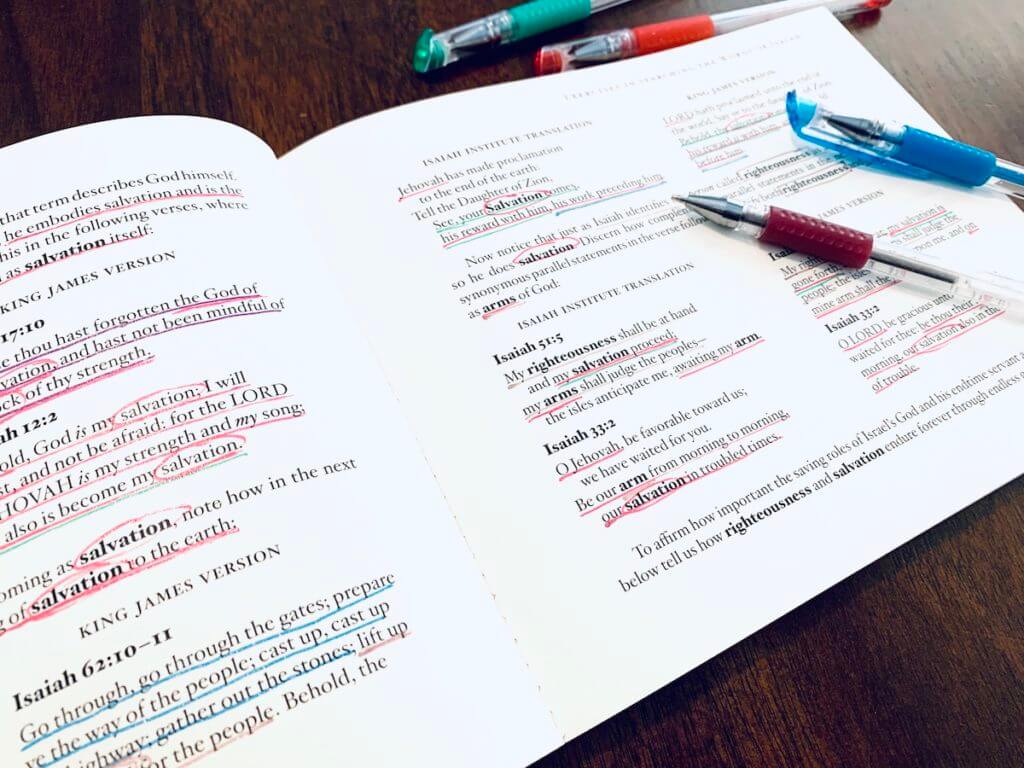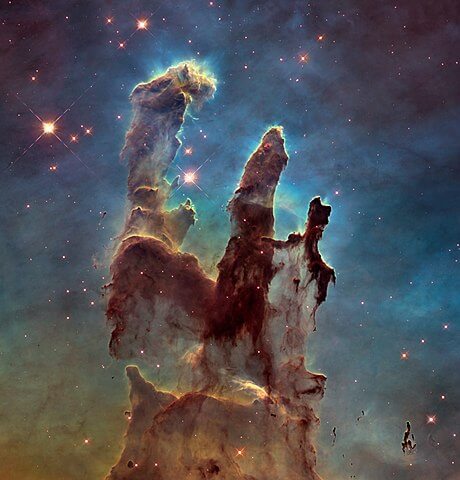“My Servant Eliakim”—A Nail in a Sure Place
Synchronous holistic structures in the Book of Isaiah allow us to read Isaiah’s writings in their entirety as foreshadowing an endtime scenario. In that case, the events that occurred in Isaiah’s day act as an allegory of the endtime. So it is with “my servant Eliakim,” who displaces Shebna, another servant who entertains ideas of […]
“My Servant Eliakim”—A Nail in a Sure Place Read More »











